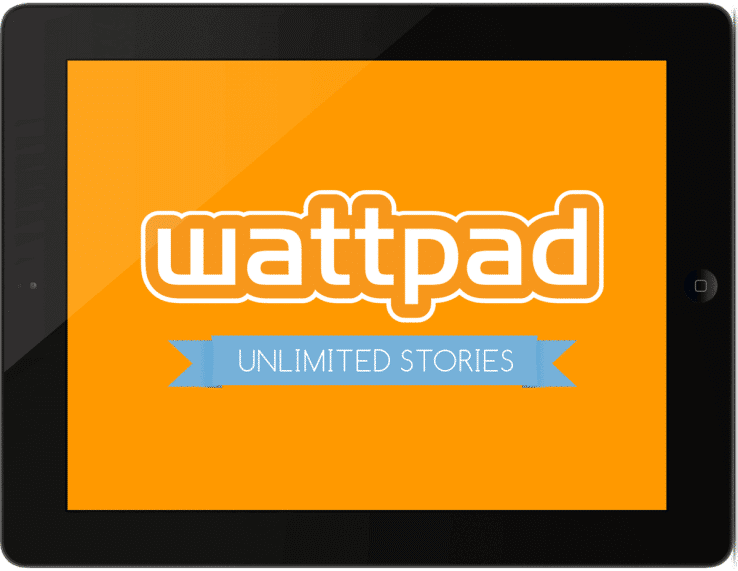

It’s tough being an indie author. The industry still offers little respect and the retailers still offer little revenue. Even worse, the “get rich quick scheme” mentality of far too many would-be overnight success seekers has resulted in a marketplace saturated with lousy content, making it difficult for dedicated, talented, professional authors to get their books in front of readers.
Wattpad, long the industry standard as a community for both readers and authors, has found a way to alleviate some of the hardship. Its newly launched program, Wattpad Futures, lets advertisers insert ads between the chapters of eligible authors’ stories, providing revenue to authors and exposure to advertisers.
Wait…hear them out.
The concept of advertisements in ebooks is not new, and there are entire subscription models based on tolerating or eliminating ads. Amazon sells a Kindle that will advertise blue jeans on the sleep screen, or insert ads when you’re still browsing. Textbook companies have experimented with ads, and even news outlets rely on sidebar advertisements to bring the public the latest headlines. Ads themselves are not necessarily evil.
What has happened to the industry is a glut of pop ups and flashing sidebar boxes that distract from the browsing or reading experience, which is why Wattpad is only incorporating ads in stories whose authors sign up, and then placing those ads at the ends of chapters.
“The dynamic Wattpad community is unlike any other social platform. It’s the interconnected community of storytellers and audiences that makes the Wattpad Futures program a viable income source for writers,” said Wattpad’s Co-Founder and CEO Allen Lau. “Readers have always encouraged their favorite storytellers with messages, comments, and votes. Now, they can support Wattpad writers in a way that increases the writer’s income, without having to pay out of pocket.”
Rather than worry that this will drive readers away, one of the unique features of Wattpad–as compared to other similarly book-themed online communities–is the level of support readers have for authors. They enjoy interacting through supportive comments and sharing, and the company sees the option to support authors financially (at no cost to the reader) as a win for the entire community.
Mercy Pilkington is a Senior Editor for Good e-Reader. She is also the CEO and founder of a hybrid publishing and consulting company.
